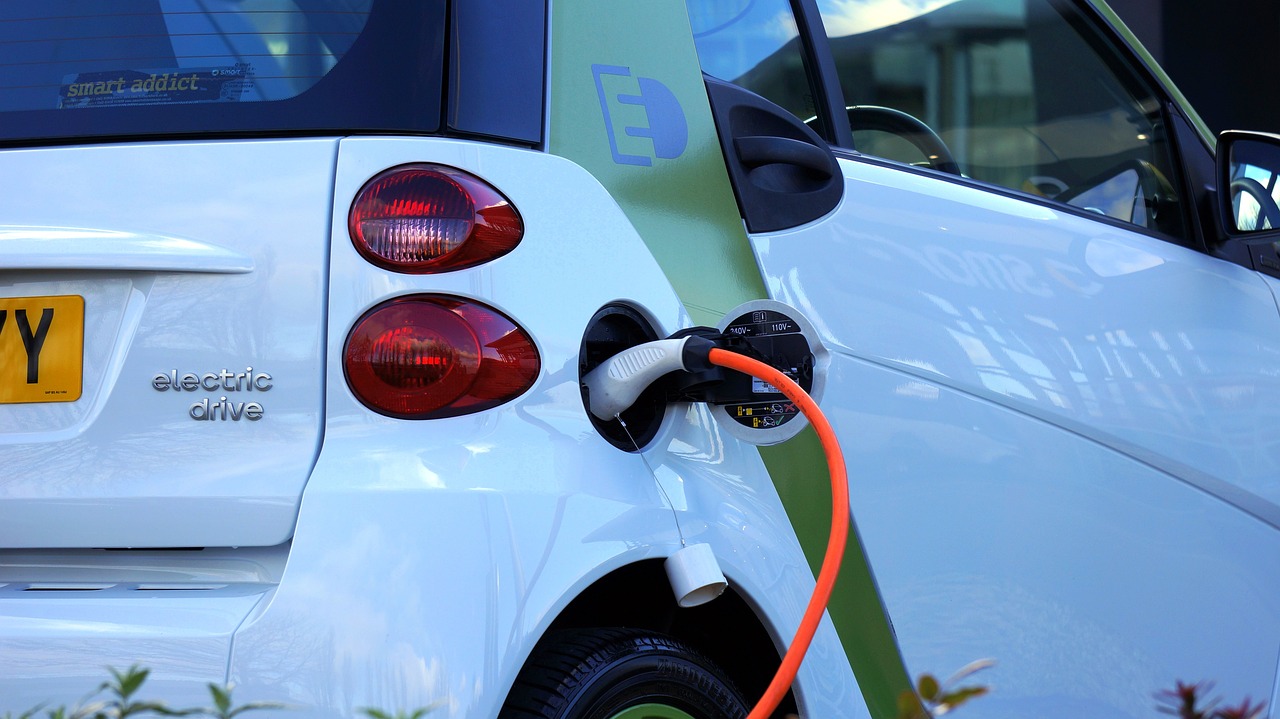Hydrogen fuel cell cars have gained significant attention in recent years as a potential solution to the environmental challenges posed by traditional gasoline-powered vehicles. These cars use hydrogen gas to generate electricity, emitting only water vapor as a byproduct. While this technology holds promise, it is important to consider both the advantages and disadvantages of hydrogen fuel cell cars.
Advantages:
- 1. Environmental Friendliness: Hydrogen fuel cell cars produce zero emissions, making them a clean and sustainable transportation option. They contribute to reducing air pollution and greenhouse gas emissions, helping combat climate change.
- 2. Energy Efficiency: Fuel cells convert hydrogen into electricity with high efficiency, providing a longer driving range compared to electric vehicles. This makes them suitable for long-distance travel without the need for frequent recharging.
- 3. Quick Refueling: Unlike electric vehicles that require hours to recharge, hydrogen fuel cell cars can be refueled in a matter of minutes. This convenience is comparable to traditional gasoline-powered vehicles, eliminating range anxiety.
- 4. Versatility: Hydrogen fuel cells can be used in various applications beyond cars, such as buses, trucks, and even stationary power generation. This versatility makes hydrogen a promising energy carrier for a wide range of industries.
- 5. Government Support: Many governments around the world are incentivizing the adoption of hydrogen fuel cell cars through tax credits, grants, and subsidies. This support encourages consumers to choose this eco-friendly alternative.
Disadvantages:
- 1. Limited Infrastructure: One of the main challenges for hydrogen fuel cell cars is the lack of infrastructure. Currently, there are limited hydrogen refueling stations, making it inconvenient for drivers to find a place to refuel their vehicles.
- 2. High Cost: Hydrogen fuel cell cars are currently more expensive than traditional gasoline-powered vehicles and even electric cars. The high cost is primarily due to the complex and expensive production process of hydrogen fuel cells.
- 3. Storage Challenges: Storing hydrogen gas safely and efficiently is a significant challenge. Hydrogen is highly flammable and requires special storage tanks and safety measures, which adds complexity to the design and maintenance of fuel cell cars.
- 4. Limited Vehicle Options: Currently, there are limited models of hydrogen fuel cell cars available in the market. This limits consumer choice and makes it harder for individuals to find a car that meets their specific needs and preferences.
- 5. Production and Distribution: The production of hydrogen fuel cells requires a significant amount of energy, often derived from non-renewable sources. Additionally, the distribution of hydrogen gas to refueling stations requires infrastructure development and investment.
In conclusion, hydrogen fuel cell cars offer numerous advantages, including environmental friendliness, energy efficiency, quick refueling, versatility, and government support. However, they also face challenges such as limited infrastructure, high cost, storage challenges, limited vehicle options, and the production and distribution of hydrogen. As technology advances and infrastructure improves, hydrogen fuel cell cars have the potential to become a viable and sustainable transportation option for the future.


